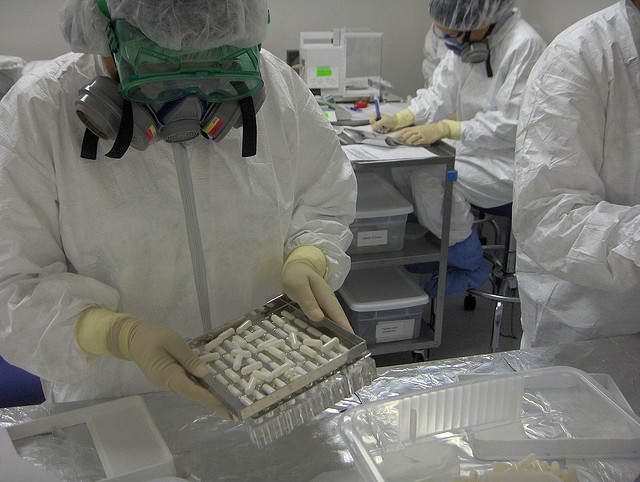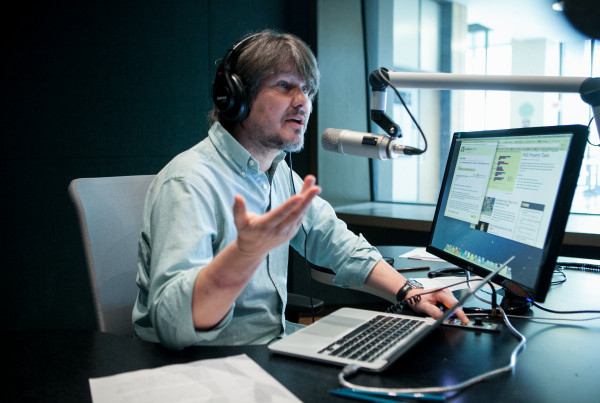According to the Texas Tribune, 11 of the states 31 senators have signed on to a proposal to allow terminally ill patients to try investigational drugs – a so-called “Right to Try” bill’. Perhaps that’s because the effort has a very human face known to many at the State Capitol: Andrea Sloan.
Michelle Wittenberg, Sloan’s friend and advocate for right-to-try laws, speaks with the Texas Standard.
Sloan was a lobbyist who lost her fight to ovarian cancer on New Years Day in 2014. Wittenberg says if there had been a right-to-try law it could have potentially saved her life.
“The reason being there were several hurdles to Andrea getting the drug,” Wittenberg says. “A significant hurdle that took a good amount of our time was getting a pharmaceutical company to agree to give us the drug. That is one hurdle that is not addressed in the right to try legislation, but that is one definite hurdle.”
“The other hurdle did involve the FDA,” Wittenberg continues. “It involved the FDA’s rules, regulations, and practices.”
This legislation being considered by lawmakers would neither require drug companies to provide the treatment or require insurance companies to cover it. Wittenberg says it doesn’t create false hope.
“We either waited 24 or 26 days from the day that she was told your getting the drug,” Wittenberg says. “It took all that time for all the parties involved to submit the application to put the application together – that’s the FDA process, that’s just the way their rules work. … If we could’ve gotten that in two days instead of 26 days – when you’re a terminal patient your literally are decompensating that quickly.”
Wittenberg says they have not taken the FDA out of the process, but put their input on the front end of the process.
“What the right-to-try bills uniformly say in any state that is considering them … they are uniform in this aspect – any drug that a doctor is going to recommend, any experimental drug a doctor is going to recommend to their patient, must already be past the phase one of the FDA clinical trials process,”Wittenberg says. “Phase one of clinical trials is generally deemed as the safety trial. So what we’re trying to encourage is give patients, give otherwise terminal patients, a right to try to save their own lives with safe but still experimental drugs.”













